Pakistani tourists request govt to clear maximum Indian visas
Poonch-Rawalakot bus service was launched in 2005 to facilitate visits by Indian and Pakistani citizens
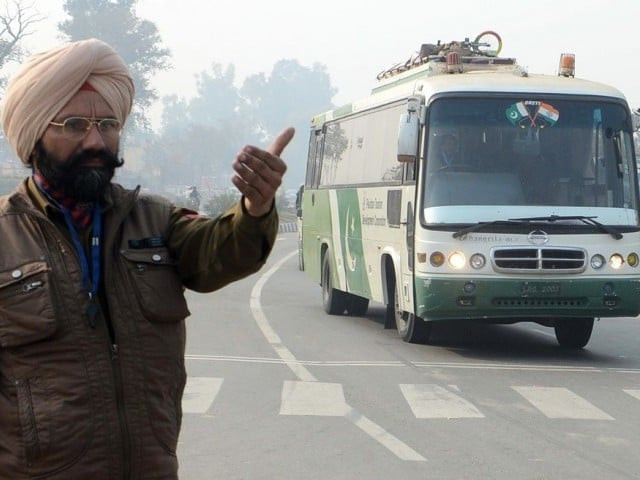
PHOTO: AFP
The Poonch-Rawalakot bus service was launched in 2005 to facilitate visits by Indian and Pakistani citizens who have relatives in both sides of Kashmir.
A tourist, Sikander Altaf, said that while many tourists from Pakistan visit India, it was not the case for Indians as Islamabad was slow in providing clearances.
How Burhan Wani represents a new wave of anger in Kashmir
"We get clearances from India. However, I request the government of Azad Kashmir and Pakistan to clear the documents of our Indian brethren so that even they can come and visit our city and see our Pakistan," said Altaf in Poonch district.
Another tourist, Nazia Sikander, said that an increased flow of tourists could improve the relations between the two countries. "I am very happy about coming here. Now I would request the Pakistani government to give clearance to our Indian brothers and sisters and allow them to come to our country to meet us," said Sikander.
The other bus service connecting Indian and Pakistani Kashmir is the Srinagar-Muzaffarabad route, which was launched in 2005. The Poonch-Rawalakot service has been suspended in the past during several occasions owing to flaring up of tensions between India and Pakistan.
The long struggle for Kashmir’s freedom
In January last year, service was temporarily suspended following New Delhi's tough stand on the killing of an Indian soldier, leaving passengers stranded on both sides. It was resumed in about two weeks.
The Delhi-Lahore bus service between the South Asian rivals, another significant bilateral tourism initiative, was initiated on March 16, 1999. Then Indian Prime Minister, Atal Bihari Vajpayee, went to Lahore in the inaugural run of the bus and was received by his counterpart Nawaz Sharif.
India and Pakistan have fought three wars since becoming independent countries in 1947, two of them over the Himalayan region of Kashmir, which both claim in full but rule in part.

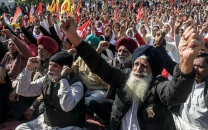
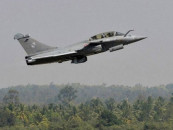
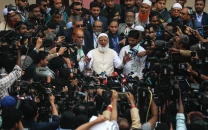
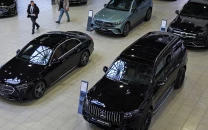
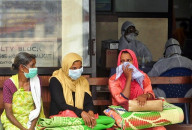
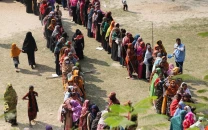












COMMENTS
Comments are moderated and generally will be posted if they are on-topic and not abusive.
For more information, please see our Comments FAQ